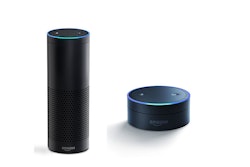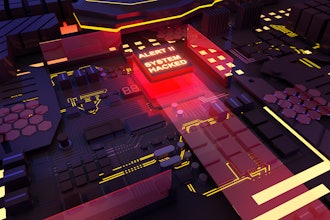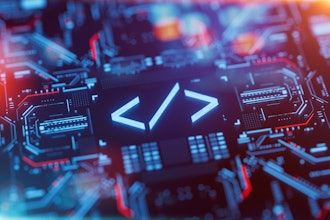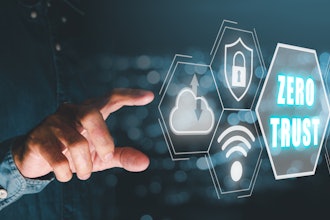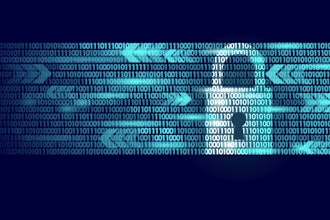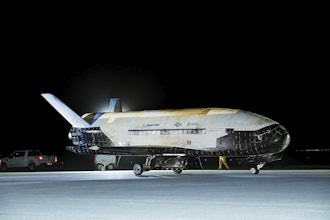BEIJING (AP) — A Huawei executive said Wednesday that possible new U.S. restrictions on market access will have little impact on the Chinese tech giant due to its global reach.
David Wang was responding to a Bloomberg News report that President Donald Trump plans to bar phone carriers from using technology vendors that are deemed security risks. Huawei has spent a decade fighting U.S. accusations it facilitates Chinese spying.
Wang said he hadn't heard that news but he expressed confidence it would have little impact on Huawei, the biggest global maker of switching equipment for phone and internet companies.
"Due to our global operations, any change in one country has little impact on our global business," said Wang, who also a member of Huawei's board of directors.
Huawei's U.S. market evaporated after a congressional panel labeled the company a security risk in 2012. The company says that it had little effect on business in Europe and emerging markets, where it reports strong growth.
Wang spoke at an event to unveil Huawei's first standalone software product, a database management system called GaussDB, in an effort to break into a market dominated by Western suppliers such as Oracle and SAP.
The company, China's first global tech brand, has steadily expanded into new industry segments despite pressure from Washington and other governments that say Huawei is a security risk.
"Some experts and governments have misrepresented the technological problems of cybersecurity as political problems," said Wang. "It does not help to build a truly security networked world."
The company has pushed ahead with initiatives despite the Dec. 1 arrest of its chief financial officer in Canada on U.S. charges related to possible violations of trade sanctions on Iran.
In January, Huawei unveiled the Kunpeng 920 chip for servers to support smartphones, streaming video, and other services. It developed the Kirin line of chips for smartphones and Ascend chips for artificial intelligence.
Huawei's smartphone brand, launched in 2010, passed Apple last year to become the global No. 2 seller behind Samsung.
The company founded in 1987 by a former military engineer is a national champion at the head of an industry the ruling Communist Party is eager to promote.
Huawei filed a lawsuit in March asking U.S. federal court to throw out a section of this year's American military appropriations bill that bars the government or its contractors from using Huawei equipment.
Australia, Japan, and Taiwan have imposed curbs on the use of Huawei technology. But Germany, France, and other governments are balking at U.S. demands to exclude it from next-generation communications networks.
Huawei reported earlier global sales rose 19.5% last year over 2017 to 721.2 billion ($105.2 billion). Profit rose 25.1% to 59.3 billion yuan ($8.6 billion).




